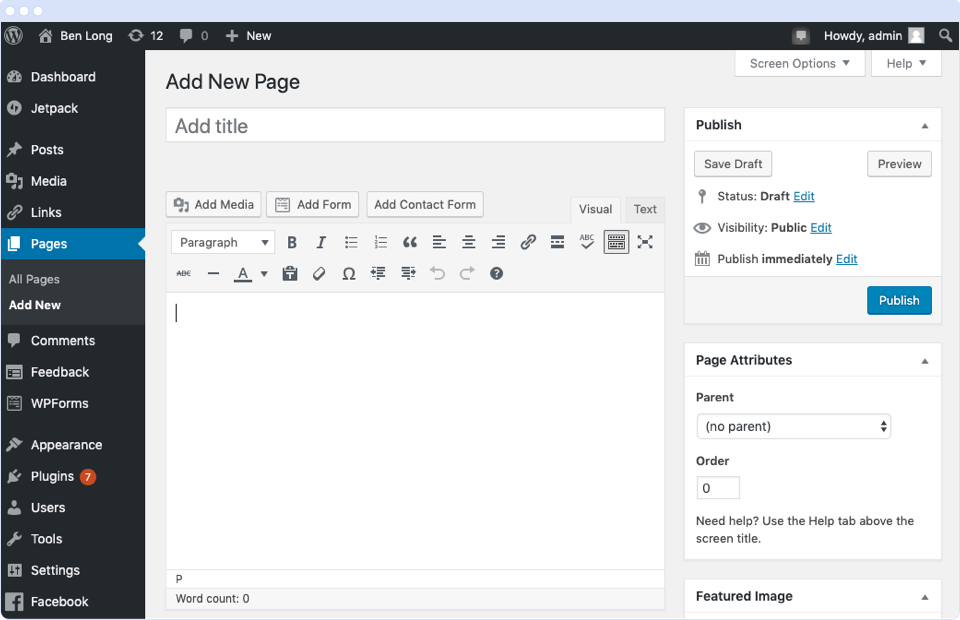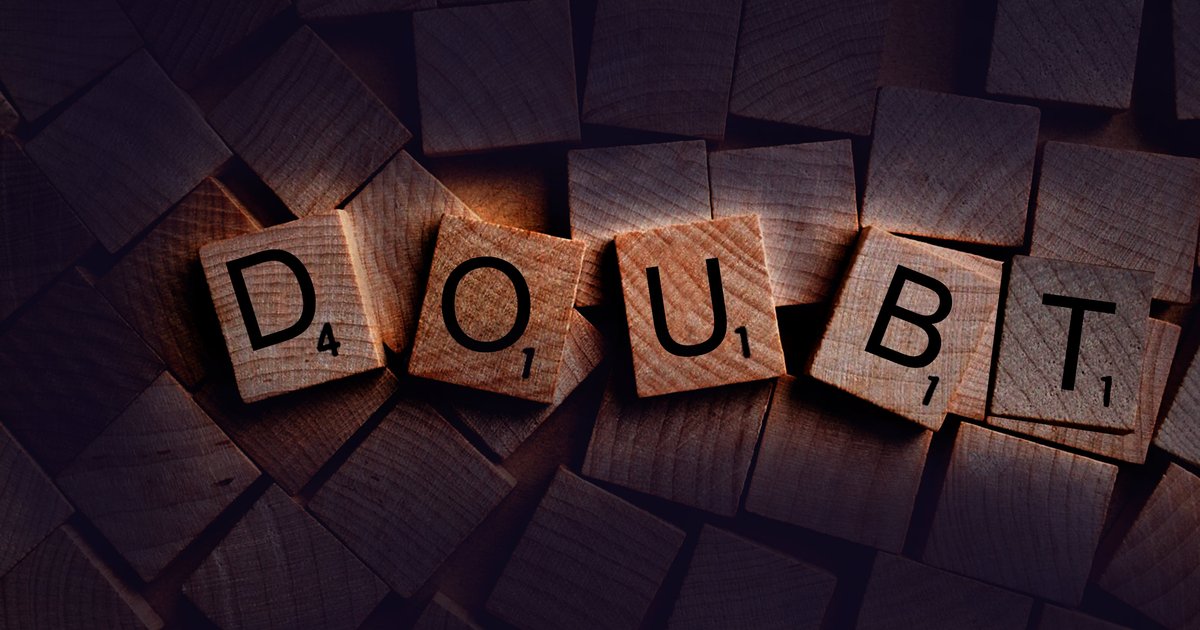Growing up, I had something of a love/hate relationship with the basement. Though perhaps “hate” isn’t the most appropriate word. It was more like fear–a fear of what might be lurking in the shadows. I believed in monsters, that was certain, and ghosts, and goblins who dwelled in cobwebby corners, their feral eyes gleaming. Not to mention the living doll. I had encountered her face-to-face!

And yet, for all of that, I loved the basement, too. It was a quiet, cool place to escape to, to think and reflect and imagine. Several of my earliest short stories were birthed down there. I’d head down the flight of stairs, shoot some pool on the bumper-pool set, maybe mess around with my brother’s weights, or just poke through the canned goods my parents kept on the wooden shelf lodged tight against the front wall.

Oh, and I’d turn on the light switch, too. That was the first thing I did. The switch was right at the base of the stairs, so I didn’t need to journey into the basement itself to flick on the light. Nor would I have. The only time I felt bold enough to brave the basement in the dark was when my friends were over–the same friends who inspired the characters of Mitchell Brant, Joe Marma, Marc Kuslanski, and Ryan Swinton in The Eye-Dancers and The Singularity Wheel. On those occasions, we’d play “Rubber Animals,” a kind of hide-and-seek affair where one team would hole away and the other team would pursue, armed with numerous rubber snakes and giant rubber insects that, when whipped at you from close range, would sting and sometimes leave a bruise. “Ow!” we’d hear, in the dark, after a rubber rattlesnake found its mark. We’d usually play at night, in the pitch-blackness. When an animal missed its target, it would crash into the wall or against the pool table. Thud! Whomp! Sounds in the dark.

One night, however, when I was eleven years old, I decided to go for it. To be brave. To face the dark heart of the basement, alone. No friends around to protect me and insulate me from the unknown. No strength in numbers. Just me, and my fear. Just me and the dark.

It was late–a weeknight in midsummer, after midnight. I’d been in bed, waiting for the entire family to turn in. My parents went to bed early. My two older brothers stayed up later, and my sister latest of all. I remember the light from the living room filtering in through the slight crack in my bedroom door, the low, muted undertone of the television, and wishing my sister would hurry up and shut it off and retreat down the hall to her room.

Then, finally. It went quiet, and the lights went out. I heard my sister’s footsteps, softly, tiptoeing, fading. The sound of her door across the hall, shutting. The house lay in darkness, the night beyond the walls thick and heavy with July humidity and buzzing with the serenade of crickets. The whine of a late-night motor drove past, down the street, temporarily drowning out the crickets. Moments later, they were back, playing their unseen fiddles in the grass.

I waited–a minute, maybe two. Just to be sure. Then I hopped out of bed, slowly opened my bedroom door, hoping the squeaky hinges wouldn’t be overheard. Down the hall, through the living room, the kitchen . . . to the top of the basement stairs. Up here, there was a night-light on the wall, giving the room a faint orangish glow. But when I looked down the stairs, into the basement, there was only a Stygian veil, black as the moonless night.

“Why am I doing this?” I said aloud. But I knew. I felt foolish for fearing the dark, for imagining things that couldn’t be real, for being afraid of a space and a portion of the house that I loved–in the daylight. “When you’re afraid of something,” my teacher had told the class that spring, “the best thing you can do is confront it. Lots of times, you’ll find that what you were so scared of is really nothing to be scared of at all.” Lots of times. What about the other times, though? The times when what you fear turns out to be even worse than you imagined? What then?

“Shut up,” I whispered. “Just do it.”
I took a step down, then another, plunging into the dark.
*************************
There are times in life when we’re at a crossroads, when the decision we know we need to take feels harder than administering our own, unmedicated root canal. In times like these, it is tempting to bail, to waver, to rationalize a path of least resistance. “No one will even notice if I don’t do it.” “Why should I be the one? Leave it to somebody else. I have enough stress in my life already.” “But what’s the point? No one will listen to me anyway.” Or, if hemming and hawing about a piece of writing: “Why submit it? It’ll just get rejected.” Why go for that job interview? Why report that crime? Why confront that person with the cold, unvarnished truth? Isn’t it easier to just withdraw and hunker down and look the other way?

But, if something’s important–it won’t let go. It will claw and dig in, and will not let us alone. It will demand release, insist on action, urge us forward, no matter the resistance. Just like what happens with Mitchell Brant, in The Singularity Wheel. He knows he must see Heather again, find out how she feels, if what they had shared before, five years earlier, is enduring and real; or fleeting, like an errant wish. Or Joe Marma when confronted with the mental image of his brother telling him to deal with the ugly, inconvenient truth about his pursuit of a football scholarship. Or Ryan Swinton finding the courage to “play a trick” on Monica Tisdale, the “ghost girl,” to save them all. Or Marc Kuslanski daring to approach his mom and brave the wrenching conversation they’ve been avoiding since his brother’s accident.

None of this is easy. None of it is a “want to.” But they realize they cannot run, cannot duck forever. They each need to face their personal Cerberus.

Eventually, we all do.
****************************
As I climbed back up the stairs, emerging from the darkness below, I forced myself not to go too fast, not to ruin it at the end–but to walk slowly, step by step, unwavering. I had explored all corners of the basement, no matter how sinister or menacing. I even dared to journey to the very back, by my father’s old workbench, a place where, I was sure, little boys went to die. I didn’t know how long I’d been down there–it felt like hours, in the dark. (Moments later, I would learn, upon checking the wall clock, that it had been merely ten minutes.)

But as I reached the safety and security of the kitchen, finally back at ground level, none of that mattered. Ten minutes or ten years–who cared? I had made it. I had gone into the after-midnight basement and returned, unharmed and whole.
I took a deep breath, swallowed hard, and walked through the kitchen, down the hall, to my bedroom.
Shortly after falling into bed, I drifted into a sound sleep undisturbed by the specter of dreams.

Thanks so much for reading!
–Mike



















































































